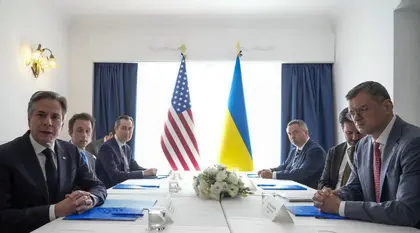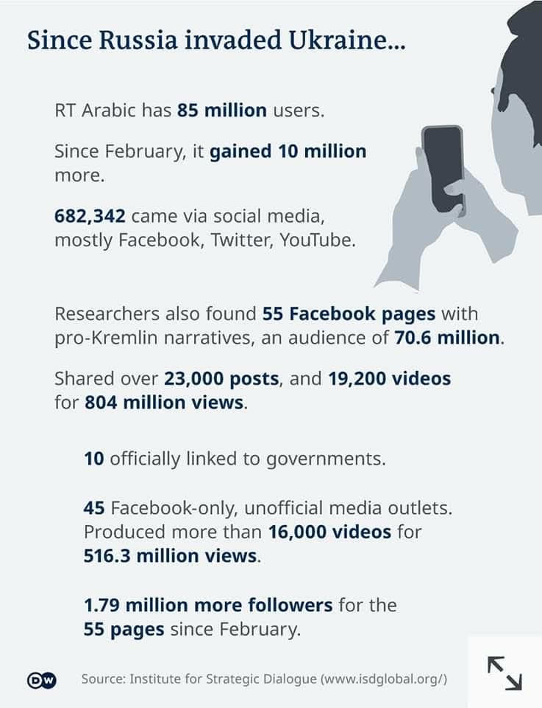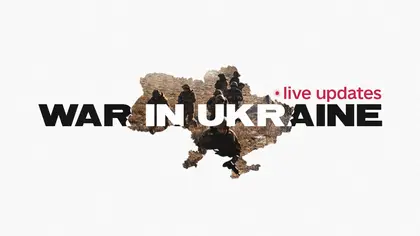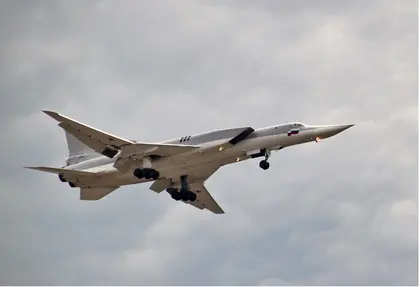Russia state propaganda has had an unprecedented growth in viewership since the war began.
For Europeans and North Americans, support for Ukraine may seem to be nearly universal. However, numbers released by the Institute for Strategic Dialogue and widely published by German news site DW on Monday, indicated that Russia has been successful in targeting the developing world.
“Whoever thinks that Russia has lost the information war is sorely mistaken. Moscow might have lost the battle on Twitter but the Kremlin’s trolls fully operate on other social media globally. Russia is very successful in spreading its narratives in Latin America, Africa or Asia while portraying the US and the EU as nefarious actors who are responsible for the war in Ukraine,” said Ivana Stradner, one of the foremost experts on Russian disinformation.
According to dw.com, RT (formerly known as Russia Today, a Kremlin-backed propaganda news service) in Arabic has grown from 75 million to 85 million users since the full scale invasion of Ukraine began in February. More than 680,000 of those users came from social media sites such as Facebook and Twitter.
Fifty-five pro-Kremlin Facebook pages alone reach an audience of over 70 million viewers. The 55 Facebook pages have nearly 1.8 million more followers at present, compared to February. Ten of the pages were linked officially to the Russian Government, and 45 were unofficial, however their videos were seen more than 516 million times in total, among the 16,000 videos that they had released.

G7 Vows to Bolster Ukraine’s Air Defense
The content of the Facebook pages had been viewed more than 804 million times through its use of 23,000 posts and 19,2000 videos.
According to Ksenia Smirnova, an on-air broadcaster for Ukraine’s international television channel, these statistics are alarming, however, not entirely shocking, “It is clear that Ukraine is doing a good job in parts of its international communications, however it is clearly lagging in terms of reaching people across the developing world.”
Stradner said that “Russia is weaponizing information to destabilize and divide our allies. If the West wants to win the information war against Russia it must put the Kremlin on defense and counter Russian information operations globally.”
Echoing this sentiment, Cesar Villaroel, a television and communications expert in Latin America, indicated that he had seen an increase in the numbers of people tuning in to RT in Spanish to get the latest of current events. Villaroel indicated that, “Despite the fact that the war in Ukraine is a big story in the US, and in Europe, the fact is Ukraine’s message is not effectively reaching people across Central and South America.”
Recently, President Volodymyr Zelensky has had phone conversations with several African leaders – in many cases, a first in bilateral relations with those countries where the heads of state had never spoken before. This comes on the heels of the United Nation’s earlier vote to support Ukraine, which only 28 of 54 African nations voted in favor of Ukraine and the rest, with the exception of Eritrea which voted against, abstained.
Irina Tsukerman, a lawyer and human rights expert in New York who studies Russian propaganda, noted that the “rapid growth of RT Arabic and other Russian state-backed media and social media pages in the Arab world underscores Moscow’s concern in retaining popular state support in Arabic speaking countries, which Russia views as a traditional sphere of influence since the Cold War days.”
Tsukerman continued that today, however, “the Kremlin is now also targeting Gulf states, and other countries which were considered traditional US allies, as a way to isolate the issue of Western sanctions on Russia and gain support in the energy market as well. Ukraine has largely focused outreach to the US and Europe, ignoring the significant information warfare effort by Russia in the Arab world, which is less focused on human rights concerns and more upon the economic potential of diversifying its relations, the impact of the food security crisis, and partnerships on defense and on political controversies.”
Seeing the overall situation as needing improvement, Tsukerman underscored that “Ukraine needs to develop a thoughtful approach targeted to the security and economic interests of the Arab states if it wishes a more effective and united front on sanctions and other forms of political support in the region suspicious of the West and susceptible to Kremlin propaganda.”

You can also highlight the text and press Ctrl + Enter






Comments (0)